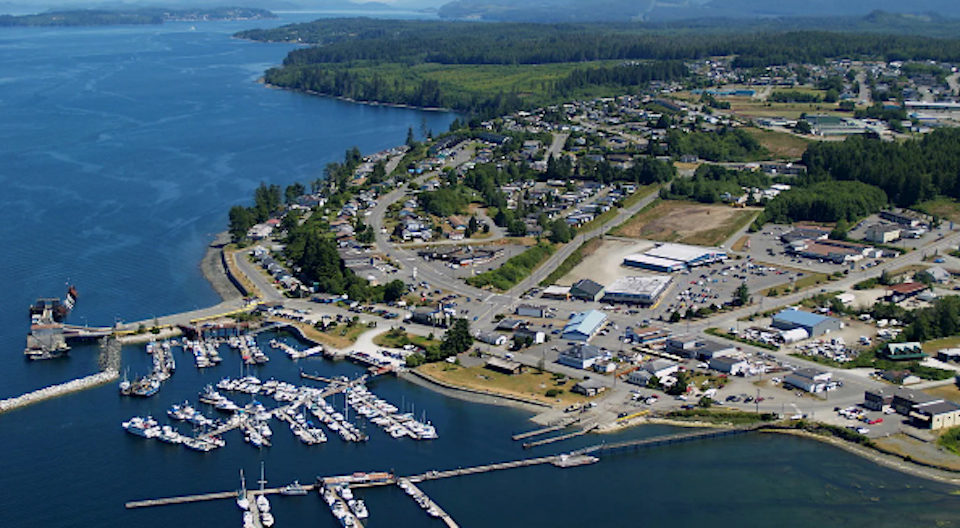North Island mayors say a $30-million plan to address physician and nursing shortages and ER closures in their communities is a “huge” win.
Port Hardy Mayor Patricia Corbett-Labatt and Port McNeill Mayor James Furney said Saturday they are thrilled with the “significant” cash infusion, announced Friday. It includes money for recruitment, a new shuttle bus, and mobile CT scanners.
“Having some extra funding available for recruitment and retention incentives, it’s huge, absolutely huge,” said Corbett-Labatt.
“We know that rural northern Vancouver Island is not the only area that is having trouble getting health professionals — it’s across B.C., across Canada. So whatever we can do to attract people, it’s huge.”
The $30 million includes incentives for staff retention and referral, time-and-a-half plus meals and mileage for health-care workers who travel to fill shifts, renovations to staff accommodations, and the hiring of 10 additional protection officers.
The funding will also prioritize a new daily shuttle between hospitals for patients and staff, a mobile CT diagnostic service, expanded access to sobering assessment beds, four new long-term care beds at the Port Hardy Hospital, upgrades to the Port McNeill and Port Hardy hospitals (including in the maternity, emergency department, trauma, and nurses’ stations) and increased support for home-health, mental health, substance use, and home support services.
The emergency departments at Port Hardy Hospital and Cormorant Island Health Centre in Alert Bay will remain closed overnight until more resources and staff are acquired, while the one in Port McNeill, about 40 kilometres from Port Hardy, will be open 24 hours a day.
Furney, who hopes Island Health’s housing plan might consider development of publicly owned land beside Port McNeill Hospital, said the provincial government sometimes forgets the Island extends beyond Campbell River.
“There’s been a lot of work from Port Hardy and Port McNeill, and a few very outspoken and slightly unpopular doctors,” he said.
“We are just blessed that finally this squeaky wheel appears to be getting the grease, and while it’s not ideal to have [continued] closures in the evening for Port Hardy and for Alert Bay, there’s some certainty, at least.”
The closure notices for Port Hardy Hospital had become so frequent — as they had been for Port McNeill until two new doctors were hired — that Furney suggested Island Health instead send out advisories when it was open.
Alert Bay Mayor Dennis Buchanan said when people need treatment during overnight ER closures, they have to be transported off the island by ferry, water taxi, helicopter or fixed-wing aircraft.
“It’s definitely been difficult,” he said. Still, he is pragmatic and supports the government’s plan.
“It’s not going to be a quick fix, but they are recognizing the need up here and they are trying to help us out,” he said. “There’s a shortage of doctors and nurses across Canada so all we can try to do is recruit.”
He’s hoping the province’s plan to streamline the accreditation of internationally trained doctors and nurses will help.
Having only been on the job three months since the October municipal elections, Furney said he won’t take credit for the work of past councils and mayors former mayor Gaby Wickstrom was was a strong advocate for Port McNeill health care.
Corbett-Labatt did the same Saturday, taking to social media to remind people of the origin of the recommendations.
A North Island Health Summit held in November, facilitated by the Rural Co-ordination Centre of B.C. with support from the rural and remote division of family practice and Doctors of B.C., brought together a wide range of health providers, politicians, policy-makers, academics and community members to brainstorm solutions.
Friday’s announcement was “so very encouraging” because it included many of the short-, medium- and long-term solutions recommended during that summit, Corbett-Labatt said.
“Everything will take time to get into place, but it will happen.”




